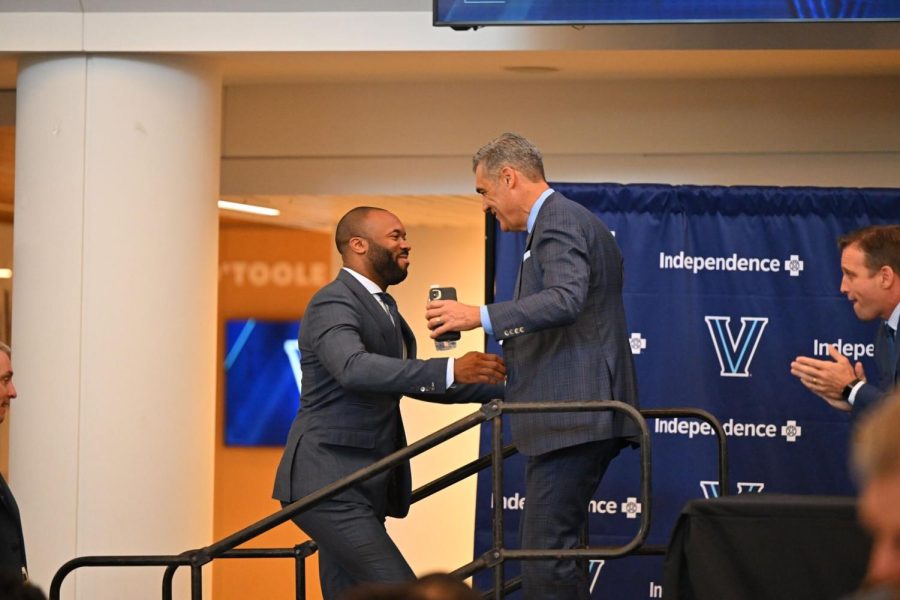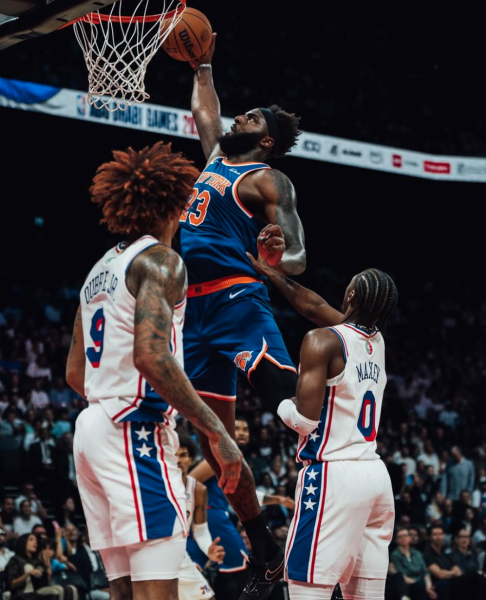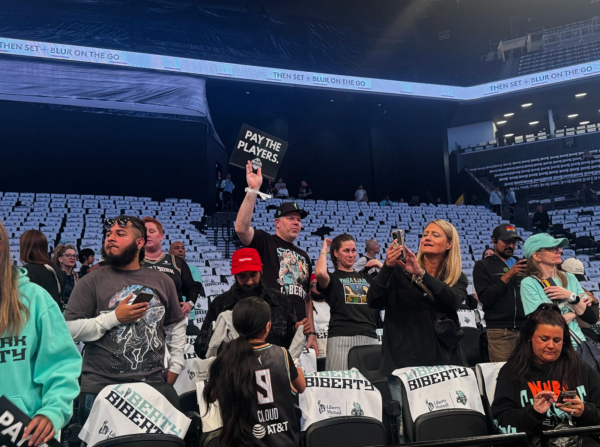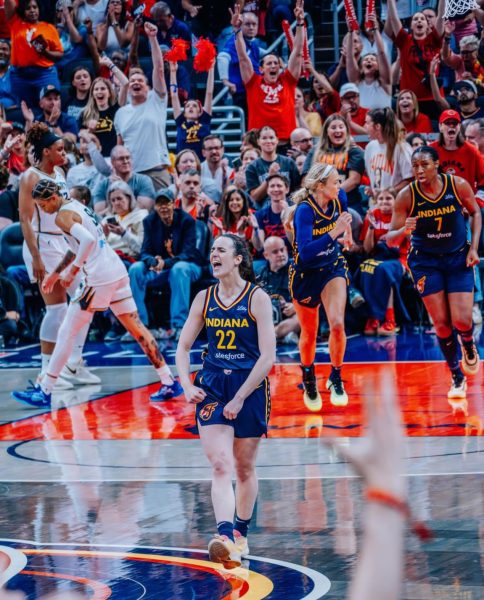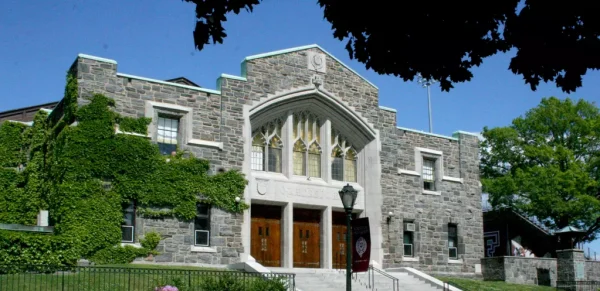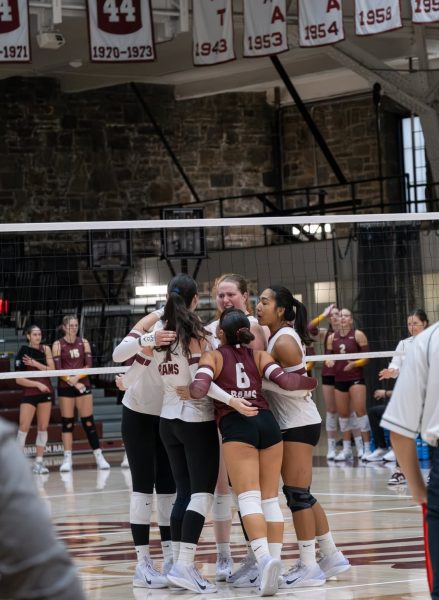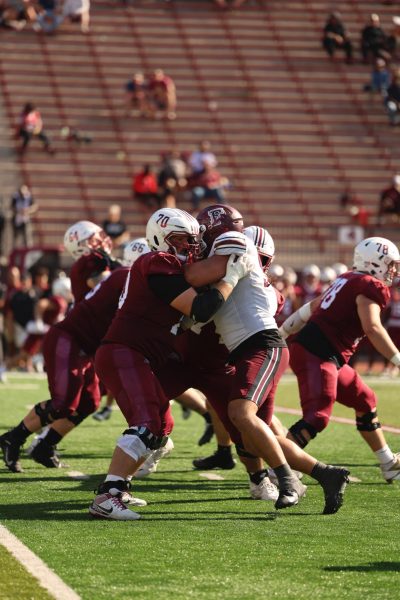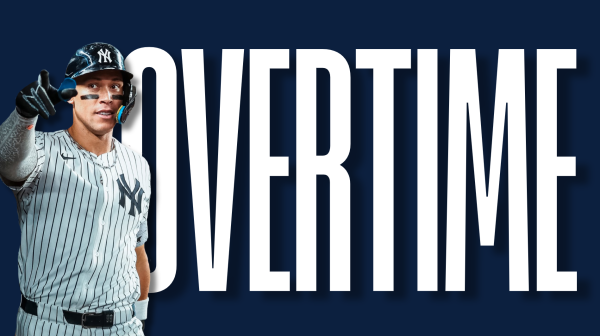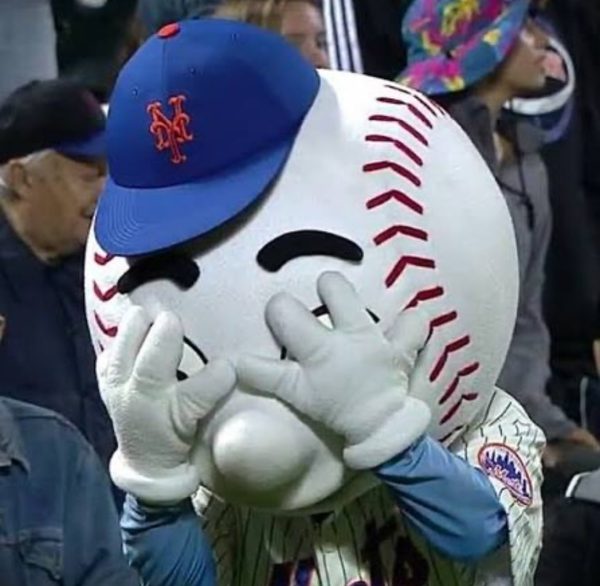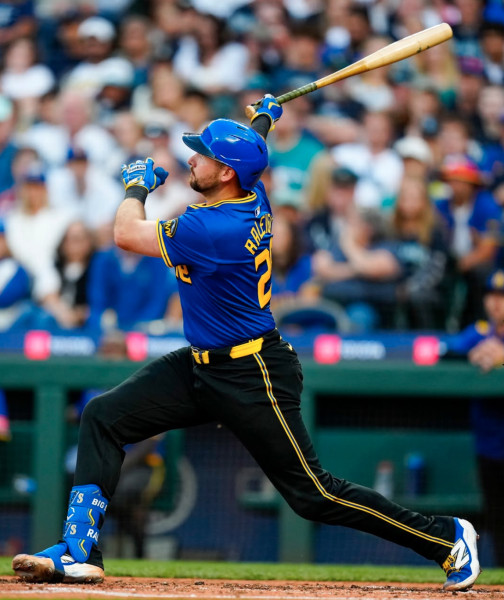Overtime: Without Kyle Neptune, Now What?
On April 20, Kyle Neptune stepped down as head coach of Fordham University’s Men’s Basketball Team to take the Villanova University head coach position following Jay Wright’s retirement.
It seems that Fordham just can’t catch a break with anything since moving to the Atlantic 10. Only three times since making this move did Fordham have in-conference records of .500 or better. And now, what once seemed like something that would happen in three or four years, has happened after only one season: Neptune takes the leap after proving himself to be a good coach.
It all happened so fast, with Wright suddenly announcing his retirement and Neptune being reported to succeed him just a few minutes later.
From a Villanova perspective, this is a best case scenario to keep their culture going and gain someone who can navigate the new age of college basketball.
But now what?
This is the unfortunate reality of mid-major schools that are the doormats of their conferences. They are seen as stepping stones, especially when they turn programs like Fordham around with such success in one season.
But what you must understand is that Fordham is, and has been, the doormat for the A-10 since its inception in 1995. That changed this past season, but now the team is dancing in a very gray area. And considering the new landscape of college hoops, no one knows what will be happening in the future.
But this case makes for a great exercise: examining the “how” to Wright’s formula, and then playing the hypothetical for both Fordham and Villanova.
We can put both schools into the same category because both Neptune and Wright’s formula has a very key ingredient: culture. That word is the single most important thing to their recipe and both schools displayed that culture. They valued culture in the players they went after, more so Wright due to his larger sample size (although Neptune was Wright’s top assistant and did carry the same principles to Fordham).
Wright went after players he knew would stay for four years and be okay with seldom usage as freshmen, and gradually increase workloads as they got older. Mikal Bridges was also the 96th ranked player in his recruiting class. Jalen Brunson was the 19th ranked player in his class, and had way more of a chance to go to the NBA after year one, but elected to stay for three years at Villanova and garnered two national titles.
The culture is what kept guys invested in Villanova; it was (and will continue to be) dedicated to winning, attitude and commitment to excellence both on and off the floor. The atmosphere was fantastic, and Wright built it by doing everything the “Wright Way.” He has zero stains on his legacy and is highly respected by everyone on planet basketball.
Neptune was on that same path at Fordham; building culture dedicated to those same elements and going after players he knew would grow. He even assembled a young staff that could keep those concepts rolling along to avoid a difference in philosophies.
The one difference between the two coaches is that Neptune went into the transfer portal and pulled over 10 players to build up the Rams’ foundation. Neptune also inherited some remaining talent from the previous regime, but was able to get them to buy into what he wanted to achieve.
Neptune’s schemes also mirrored Villanova’s: ball movement, pick and rolls to open the floor for threes and post ups underneath for easy scores. Neptune lost players along the way, but still kept the ship afloat.
Now he is on his way to succeed Wright in southeast Pennsylvania, and while the mechanics of his schemes stay similar to Wright’s, the construction of the team is going to be so much different.
He will repeat what he did at Fordham with the portal, only he has the chance to garner players that are four or even five star players. He clearly showed his understanding of today’s college hoops landscape, and will keep Wright’s staff (and recruits) in place.
As for the Rams, it is a bit of a different story. Associate head coach Keith Urgo is now the expected head coach, a decision that left director of athletics Ed Kull in a critical turning point for the future of Fordham Men’s Basketball. Keeping Urgo would keep everything (and everyone) intact and the revival would continue to trend upward.
If Kull decides to move on, everyone, including the high profile recruits of Will Richardson, Angel Montas and Romad Dean, will leave Fordham. The entire roster of players that was assembled just last spring would have more than likely entered their names into the transfer portal.
Everything looked good for the Rams for the first time in 15 years, and now the once-hottest commodity in college basketball has gone to a blue blood program. What Urgo will do as head coach if hired remains to be seen, but Fordham will likely make the decision that has the least amount of consequences for the program.
Regardless, this is a very interesting landscape for the NCAA. One thing is for certain, college basketball is the land where the unexpected happens on a daily basis.
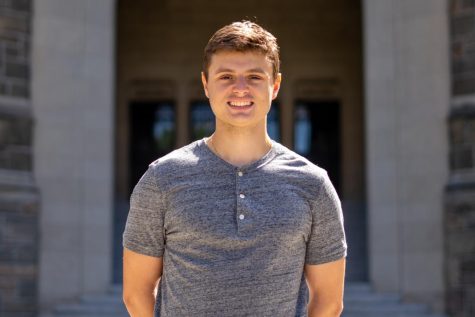
Thomas Aiello is a senior from New Jersey majoring in journalism. He began writing for the Ram following his COVID-19 quarantine experience in February...





































































































































































































